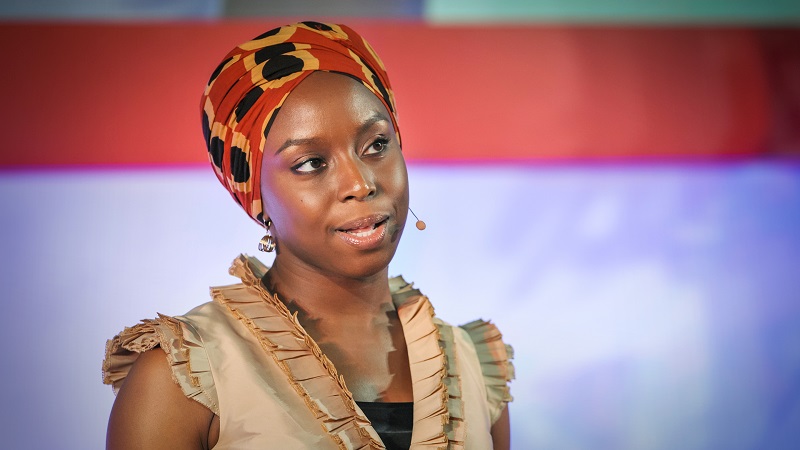A few years ago I was introduced to novelist Chimamanda Adichie through a TED Talk. In the video, Adichie tells the story of how she found her authentic cultural voice, and warns that if we hear only a single story about another person or country, we risk a critical misunderstanding. Specifically, the author relays a story of her experience going to university. Her roommate was startled to learn that she, a girl from Africa, could speak English and also know how to use an oven and stove. Chimamanda Adichie says, “What struck me was this: She had felt sorry for me even before she saw me. Her default position toward me, as an African, was a kind of patronizing, well-meaning pity. My roommate had a single story of Africa: a single story of catastrophe. In this single story, there was no possibility of Africans being similar to her in any way, no possibility of feelings more complex than pity, no possibility of a connection as human equals.”

The danger of a “single story” is that we so often let one person’s narrative color our entire understanding of the issue or situation and don’t stop to take the time to actually look at all angles and facts about the story.
The concept of a single story and the problem behind it are not new; in fact they are very present in this week’s Torah portion, Parshat Shoftim. This is a section of Torah that completely focuses on the legal system, on justice, and on context. This text includes the commandment to establish judges and officers, as well as a listing of punishments for certain transgressions against mitzvot. We also learn about the laws surrounding false witnesses and murder.
As these laws are articulated, the rabbis worry about a single story narrative. While judicial matters are being discussed, the Torah puts out rules for how a case can be decided. In chapter 19, verses 15-21, they lay out a plan. “A single witness may not validate against a person any guilt or blame for any offense that may be committed; a case can only be valid on the testimony of two witnesses or more.” It goes on to talk about false testimony and the need for a thorough investigation.
The Torah is clearly trying to work against the single story narrative. Our text is instituting a protection against a “he said, he said” situation where there is no research or effort to back up statements or experiences.
Throughout history the narrative of a single story has plagued minorities especially. From the evil of Haman in our Purim story, to the horrific genocide and displacement of the Maya people in Guatemala, to the Rohingya refugee crisis, when only one viewpoint matters, it can have unimaginable results. One single story or one single stereotype of a people can bring epic destruction and lasting consequences. In a world where misinformation and falsehoods are easier than ever to spread, Parshat Shoftim teaches us to investigate, to get a second, third, or fourth opinion, and to remember that single stories aren’t the whole story.



